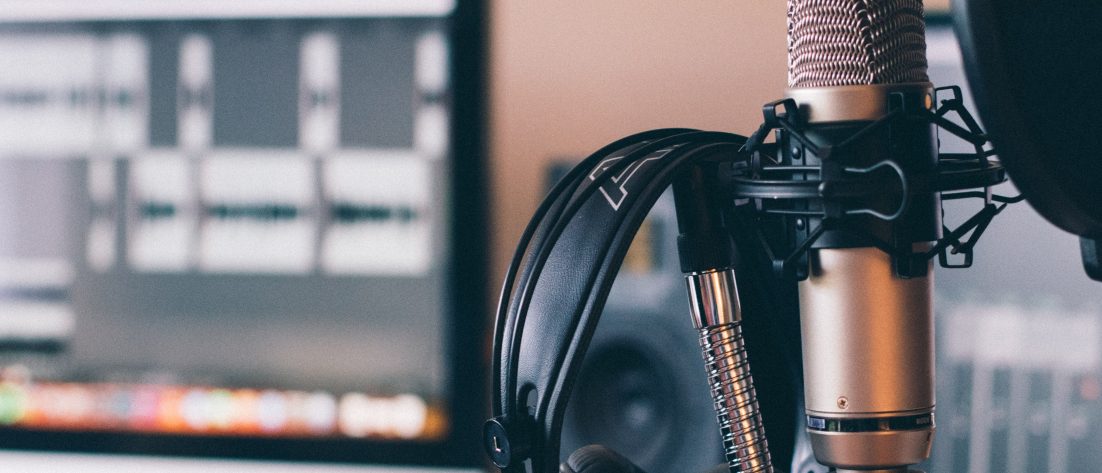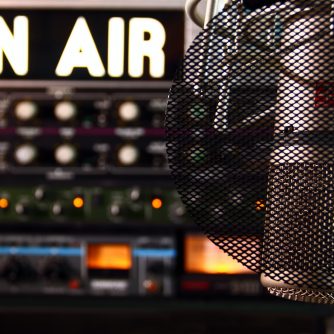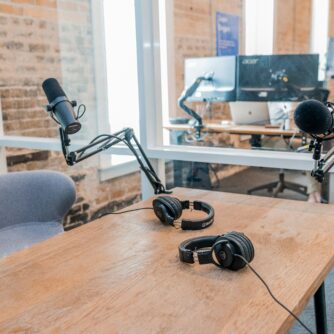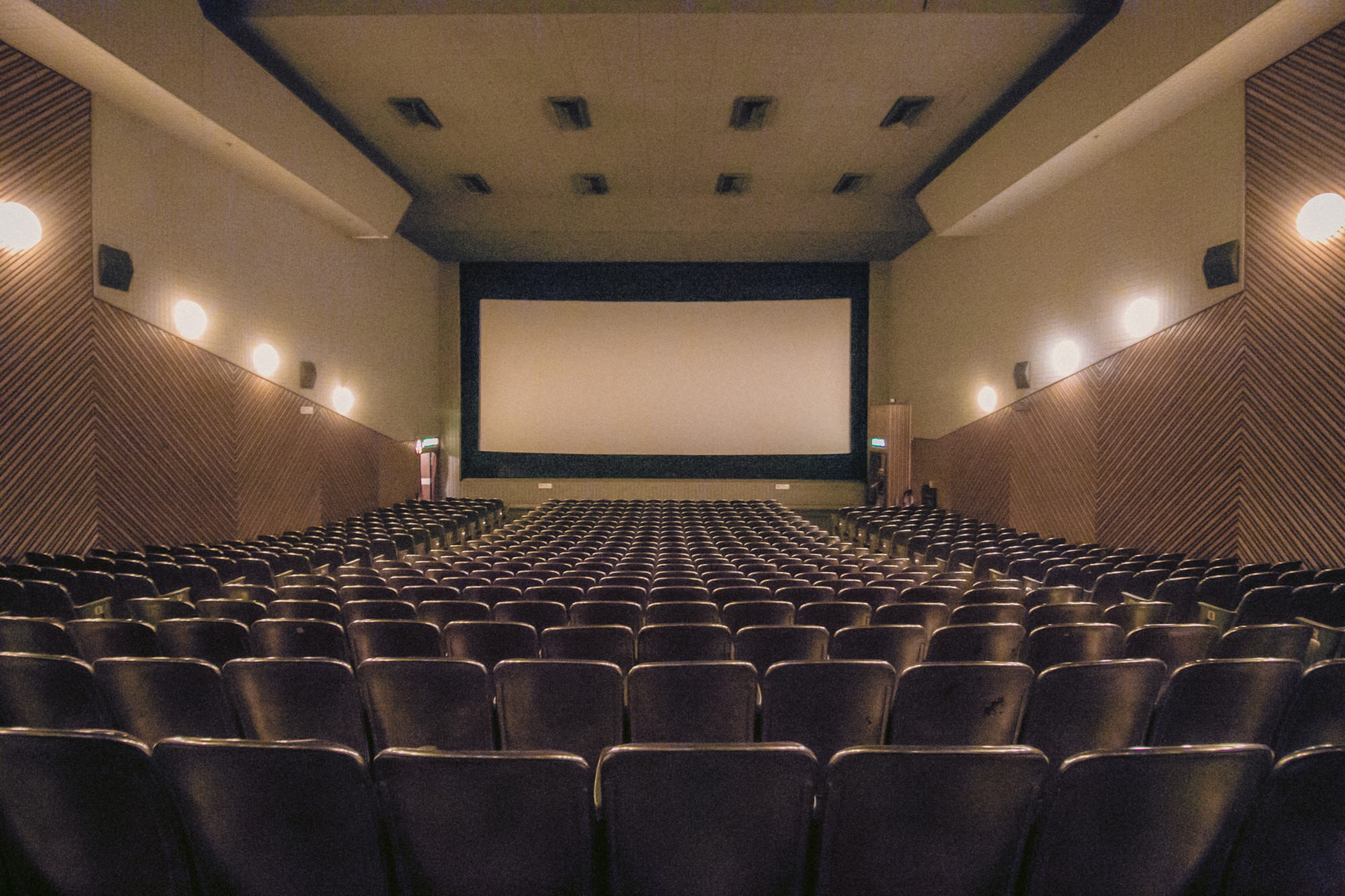If you listen to any interview podcast, most likely you’ll hear a difference in the interviewer’s comfort level when you compare an earlier episode to a more recent one. Especially if the podcast is their first foray into content creation.
But when you’re first starting to podcast and not yet in that interviewing groove, here are some common mistakes you should be mindful of:
Don’t Talk More Than Your Guest
Obviously your name is on the marquee, but remember you’re bringing the guest on for a reason.
One podcast client I work with routinely gives their guests 70-80% of the speaking time. It always ends up being a great conversation. On the other hand, I also worked with a radio host who only allowed guests to talk about 20% of the time during interviews. (Obviously that host had a hard time landing repeat guests.) Worse, the host would also answer their own questions, and for the most part the guest was only there to agree with them.
Bringing guests on is an opportunity. Even if you share an audience that’s 99% the same, that still means 1% are potential new listeners. It’s not uncommon for a podcast listener to find a podcast because of a guest and decide to subscribe afterwards. I discovered one podcast I’ve listened to for over five years because they had a guest I was interested in. This guest shared the interview on their social media. That’s the dream, isn’t it? However, that usually depends on how well the host does their job. If the guest barely got a word in during the interview, they probably aren’t going to be anxious to share it with their audience. Relating to one or two answers is fine, and you can always give your own take after the interview or in a separate episode. But when it comes to the time your guest has to talk to you, it serves you and your audience better to shine a spotlight on your guest.
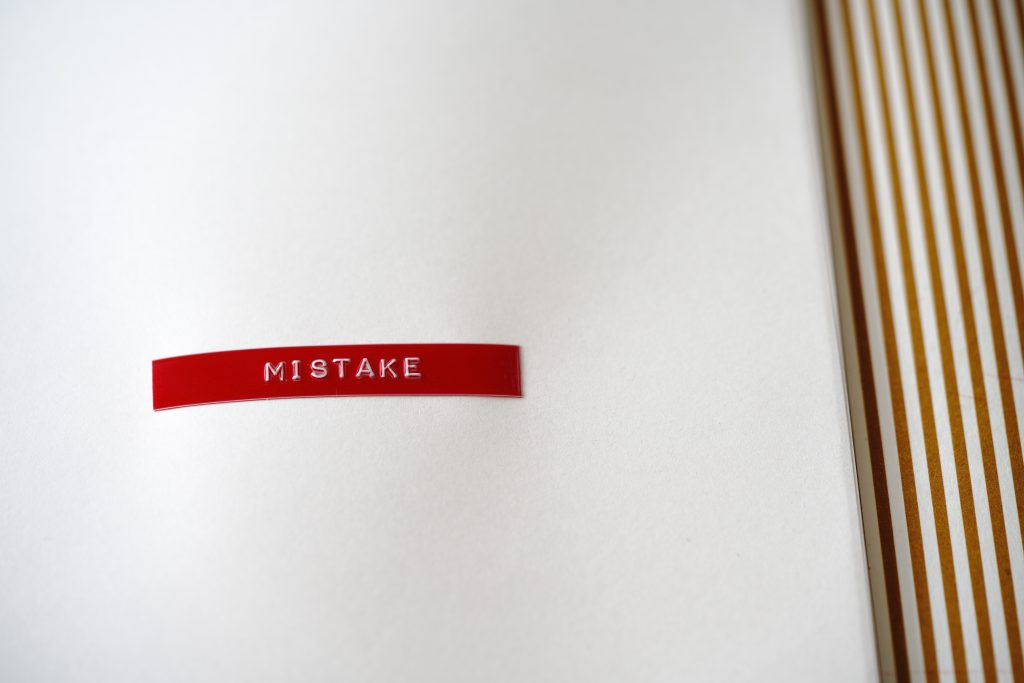
Don’t Wing It
Think you can just wing it? I’ve heard that from many hosts. (They were always the worst ones I worked with, FYI) Craig Ferguson famously tore up his prep material before every interview and always had a great conversation. Larry King never did any prep at all, and for every good interview there were a couple that landed with a thud like Jerry Seinfeld (Video). I hate to break it to you, but even the pros prep for their interviews (or the big-wigs have people like me to do the prep for them, at the very least).
Back when I was in high school during the Clinton Administration, the marching band I was in had a beat in our show where we were supposed to improvise. Everyone improvised every time, so getting back into the scripted stuff was messy. The director explained that the best improv is made up of stuff you already have rolling around in your noggin, waiting for the time to use it. The point is, no one will be proficient at improvising unless they’ve done some work ahead of time to get there. So do the work ahead of time.
It’s not necessary to do extensive research when preparing, though. Prepping for an interview could mean researching your guest so you’re not asking a question that anyone familiar with them would already know the answer to.
Don’t Leave Your Podcast’s Audience Behind
Ever listen to a podcast only to hear inside joke after inside joke and feel left out?
That’s what happens when hosts forget about their audience. Yes, we know getting on the microphone is fun. However, when you’re deep in conversation and find your flow, you may forget to go back and give context. This is because a brand new audience member who just found your podcast may not know. Podcasting is easier than live radio, because no listener will be joining the conversation midstream, so there’s less of a need to reset during an interview. But you still want to make sure everybody listening is on the same page.
If you think about every episode as if it could be someone’s first, this mindset can help you remember to give context and let the audience in on the conversation. When you’re introducing the guest, it’s critical to explain why the person is worth listening to on the topic in question.
Another way you can make your audience feel included in the interview is by asking them to submit questions for an upcoming guest. You can do this on your podcast if you know your schedule in advance or you can do it on your social media channels. Don’t get discouraged if people aren’t participating right away. Not everyone is a “joiner” so it may take some time for the opportunity to really register with your listeners.
Don’t Forget to Press Record
I know this seems obvious, but it can happen to anyone. Back when I was in college, I was supposed to interview the governor for the radio station I was working for at the time. I was young and dumb, and worried about saying something stupid in front of a high-profile elected official. After the governor walked away I noticed I hadn’t hit record. I asked some damn insightful questions too.
It’s been over 15 years and a former colleague still hasn’t let me hear the end of that one.
Don’t Ask The Wrong Questions
I’m not saying “wrong” as in “bad” questions. I don’t know if there really is such a thing as bad interview questions, unless all you’re doing is asking questions that your audience really doesn’t care about.
When I say “wrong,” I’m referring to closed-ended questions, like ones that have “yes” or “no” answers.
That aforementioned radio host also asks “yes” or “no” exclusively. It’s weird.
Try to lead your guest into a story that will share some of their experience. I always tried to convince radio hosts to do that with caller segments, but it works for guests too.
If you have an idea for a podcast, I can help you turn it into a reality.
If you already have a podcast… Every day I send out stories and ideas to various radio hosts and podcasters that I work with. Some of them get used, some of them don’t. But I figured why not let you have a few of them? Sign up for my email newsletter The News Sidequest

